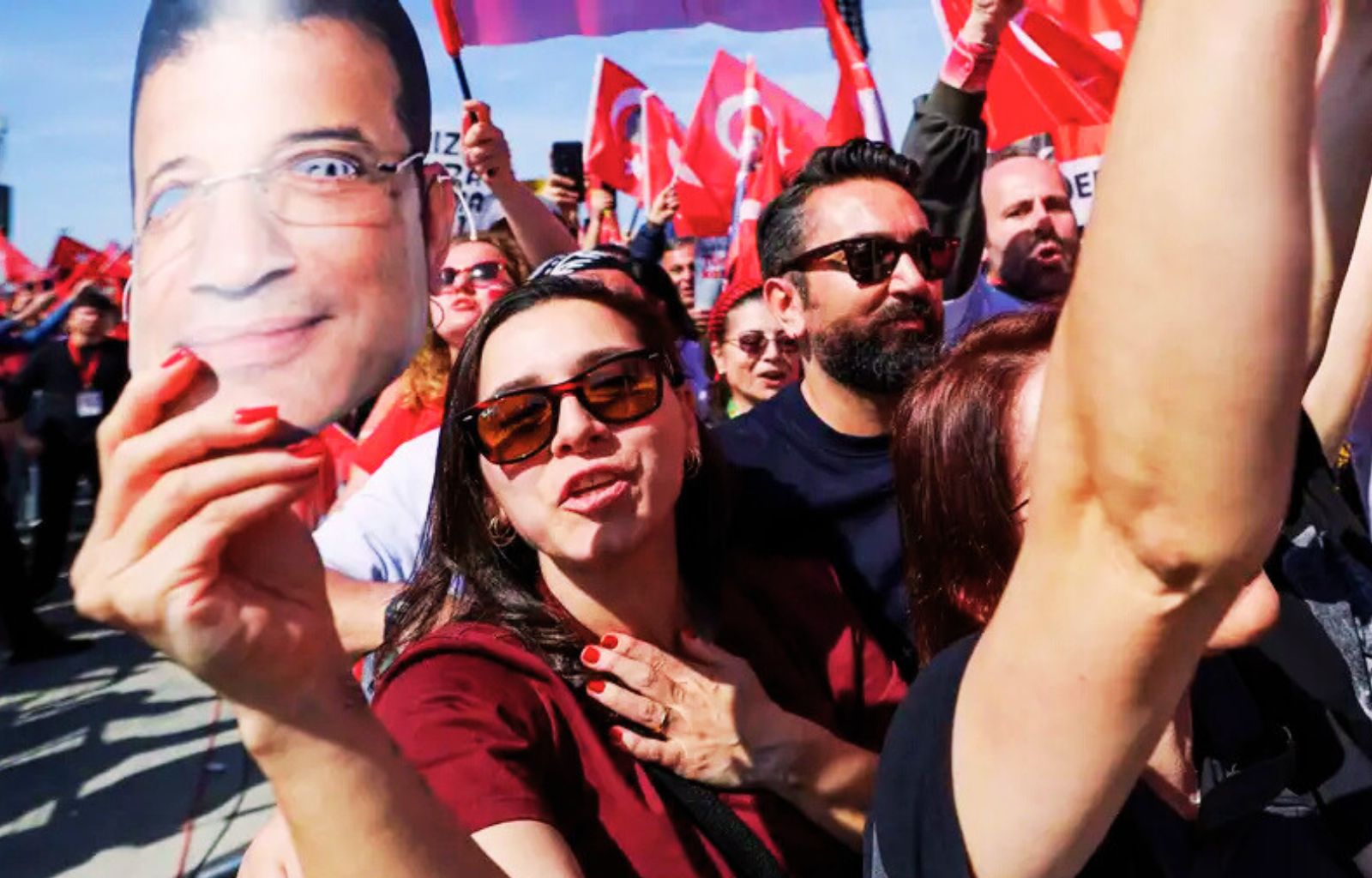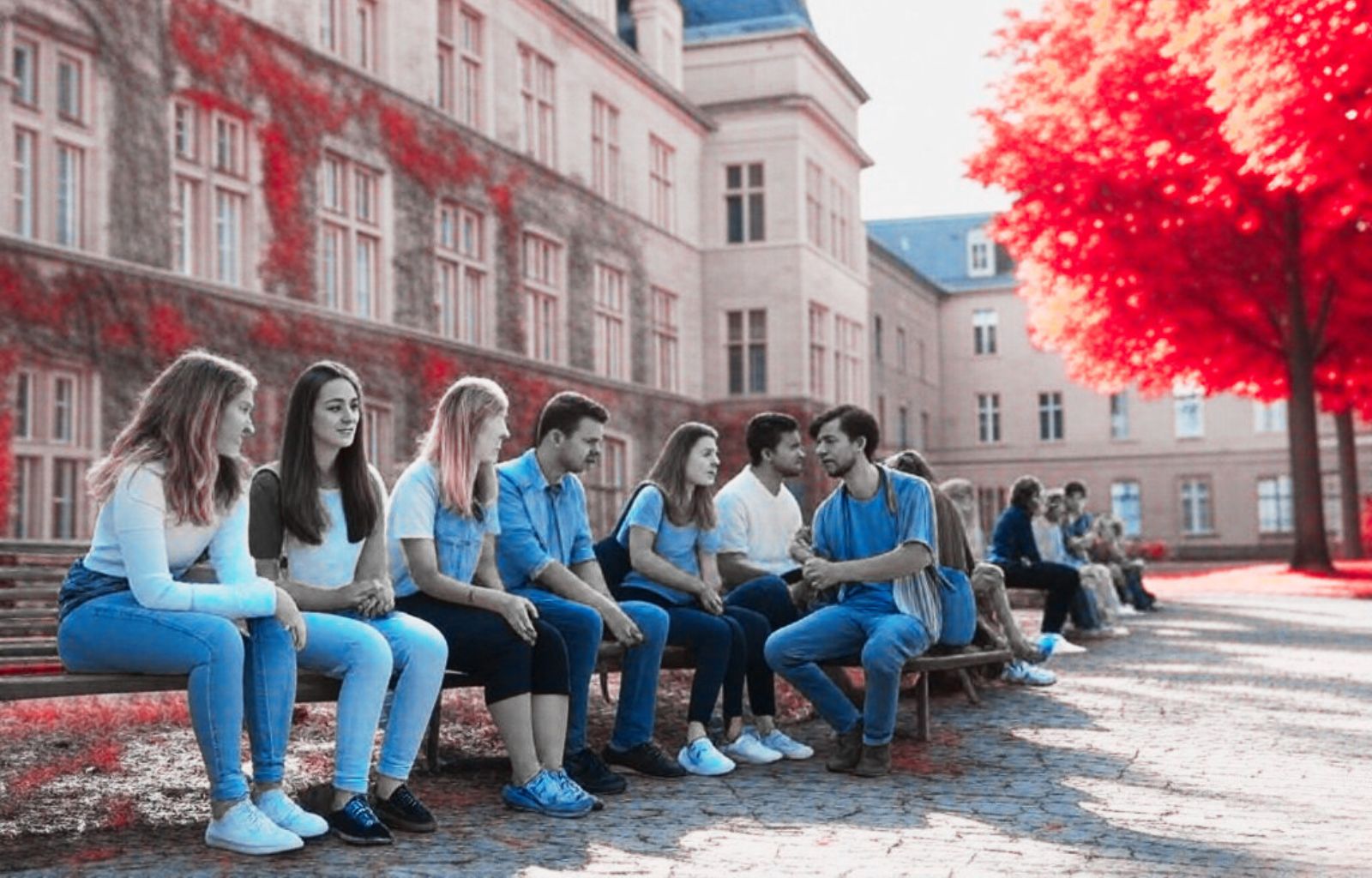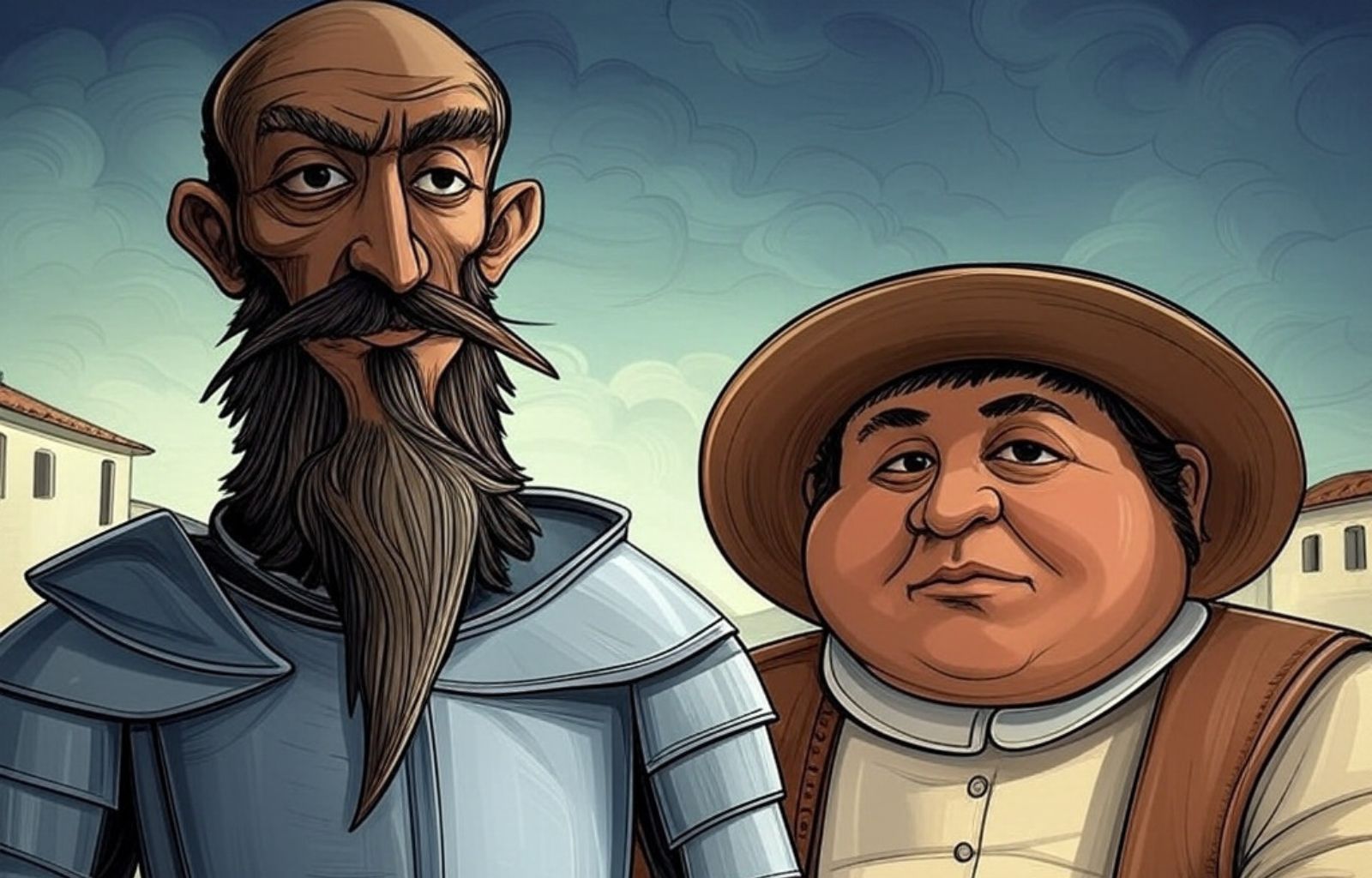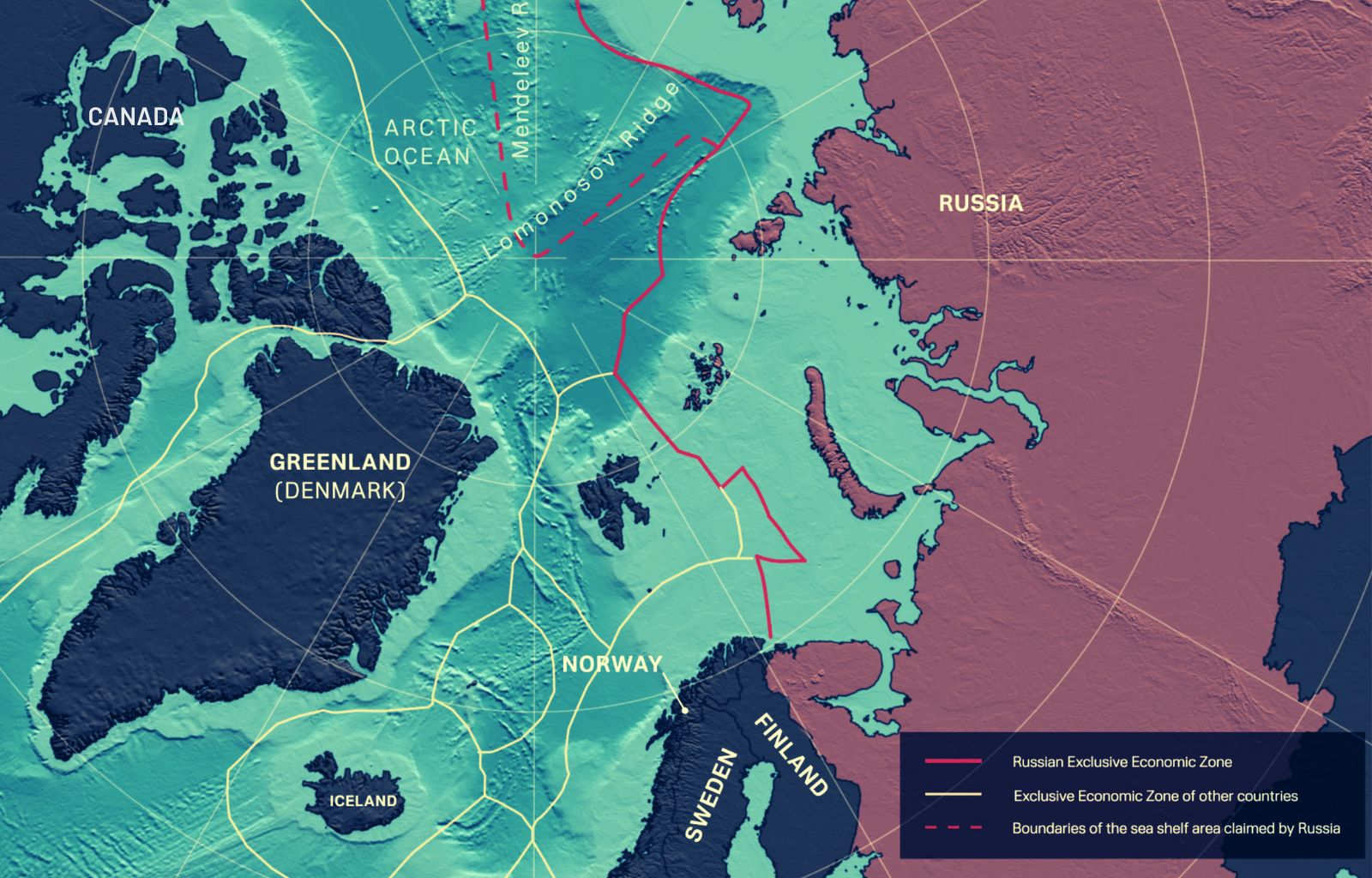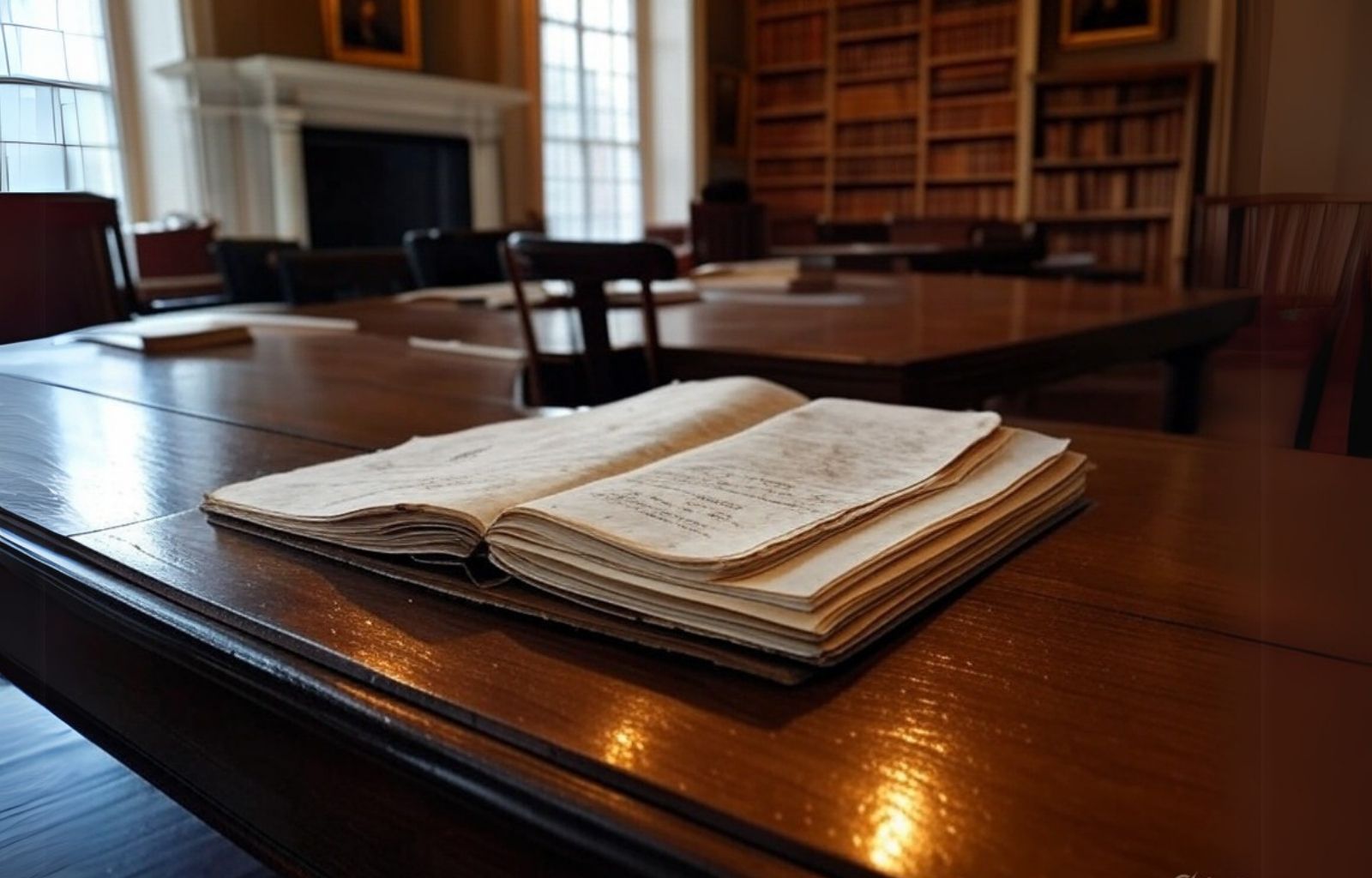Georgian youth, Europe’s last stand. An interview with Gocha Gogsadze
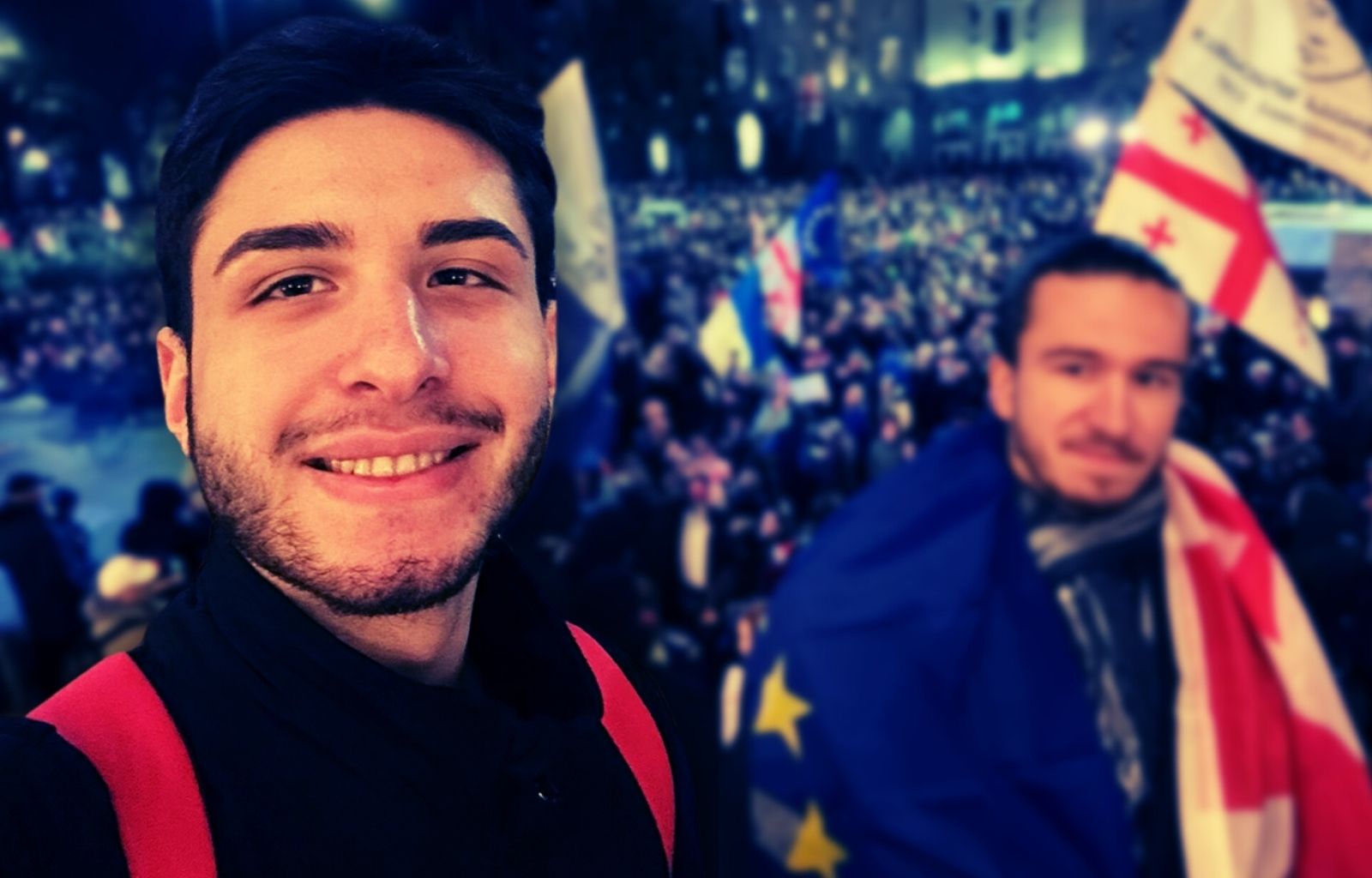
On the bustling streets of Tbilisi, where historic architecture meets the energy of modern urban life, a defining struggle for Georgia’s future is playing out. Thousands of citizens are protesting against Georgian Dream (GD), the ruling party that has self-proclaimed itself the winner of the last elections, whose legitimacy has been heavily contested. GD’s leadership is accused of steering the country away from its Euro-Atlantic aspirations and toward the embrace of authoritarian regimes such as Russia, China, and Iran.
At the heart of this resistance are young civil activists, who are playing a crucial role in shaping a European and pro-European civic consciousness, particularly through their leadership in the protests and their efforts to align Georgia with democratic and Euro-Atlantic values. We reached one of them by phone, Gocha Gogsadze, a 19-year-old student at Ilia State University, who has become one of the recognized voices for many Europeans trying to follow the Georgian issue. Talking to L’Europeista on the phone, Gocha shared his insights into the forces reshaping Georgia and the resilience of its people.
Why interview an unknown young Georgian activist? Because the tired and apathetic European political debate has yet to truly grasp that today the very existence of our society and our modern freedoms is being defended in Tbilisi, with young people like Gocha leading the way. Or do you think we should focus instead on the fact that, as of today, the European Union has standardized all mobile phone chargers?
A dangerous alignment with authoritarianism
For decades, Georgia has been seen as a beacon of democracy in a region fraught with instability. However, recent actions by GD have raised alarms domestically and internationally. The party’s growing ties with Russia, China, and Iran represent a seismic shift in foreign policy, one that undermines Georgia’s long-held ambitions of European integration.
“The primary factors driving Georgian Dream’s alignment with authoritarian regimes like China, Iran, and Russia stem from its shift toward a more dictatorial governance style,” Gogsadze explains. “This trajectory is incompatible with the fundamental principles of Western democracies, such as the rule of law, human rights, and institutional transparency.”
One glaring example is the Anaklia Port project, a strategic initiative to bolster Georgia’s independence by reducing reliance on Russian trade routes. In 2020, GD canceled a Western-led contract to build the port and instead handed the project to a U.S.-sanctioned Chinese-Singaporean firm with corruption ties. “By aligning with authoritarian regimes, Georgian Dream seeks to secure political and financial backing without the accountability demanded by democratic partners,” Gogsadze adds.
This pattern of behavior has not gone unnoticed. In November 2024, the U.S. suspended its strategic partnership with Georgia and sanctioned high-ranking GD officials under the Magnitsky Act. The European Union, too, has criticized GD’s trajectory, warning of further isolation if the government continues to drift from democratic norms.
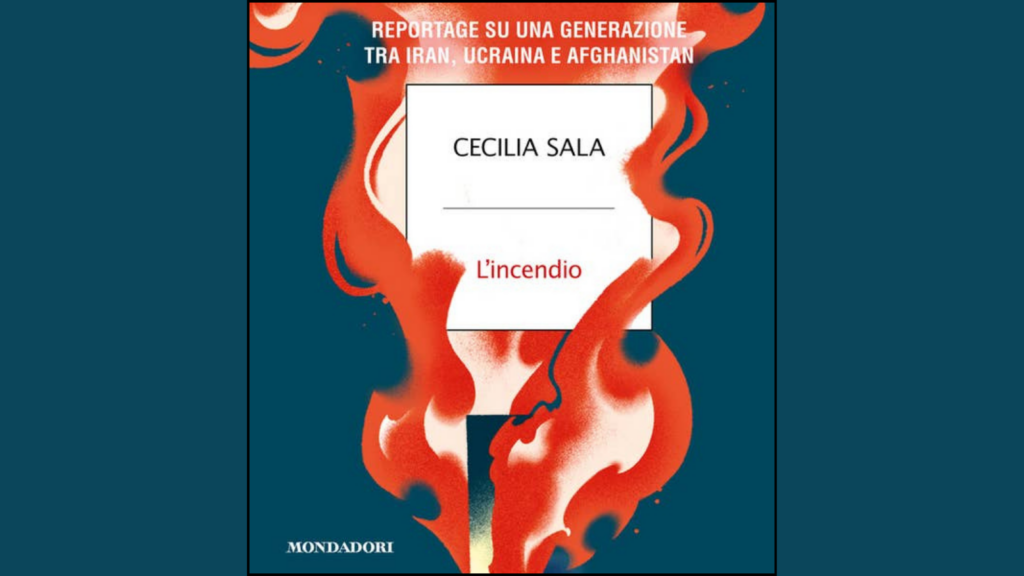
The will of the people
Despite the government’s pivot, the Georgian people remain steadfast in their pro-European aspirations. Polls consistently show that more than 80% of Georgians support closer ties with the EU and NATO, a stark contrast to the policies pursued by GD.
“The nationwide protests reflect a profound dissatisfaction with the ruling party’s trajectory, which is seen as diverging from the public’s pro-European aspirations,” Gogsadze notes. These demonstrations, which have now entered their second month, were sparked by GD’s decision to freeze EU accession talks until 2028.
In Tbilisi and towns as small as Jvari, citizens from all walks of life have united in their call for change. “Every day, different groups of citizens march to express their opposition, including psychologists, IT specialists, teachers, veterans, dancers, singers, doctors, and students,” Gogsadze says. “These marches showcase the widespread dissatisfaction across all sectors of society.”
But the protests are not merely a reaction to foreign policy. They are a cry for justice, fairness, and a government that respects its people. “This nationwide movement wasn’t orchestrated by any specific group or party—it was a reflection of the public’s deep frustration and their desire to protect Georgia’s European future,” Gogsadze emphasizes.
The war on media and civil society
Under GD’s rule, media freedom has significantly deteriorated, mirroring the authoritarian tendencies of its newfound allies. Journalists covering protests and politically sensitive topics face harassment, physical violence, and arrests. Independent outlets have been raided, and critical voices are systematically silenced.
“Notable incidents include attacks on media personnel during protests, raids on independent media outlets, and the use of state institutions to target critical voices,” Gogsadze explains. “These actions have raised serious concerns among international watchdogs and human rights organizations about the erosion of press freedom in Georgia.”
In response, Georgia’s civil society has risen to the challenge. Grassroots movements have organized protests, launched awareness campaigns, and used social media to amplify their voices internationally. “Civil society in Georgia is playing a pivotal role,” Gogsadze says. “Beyond marches, activists and grassroots movements are collaborating to ensure that the protests remain peaceful, organized, and inclusive.”
A Vision for Change
As Georgia teeters between democracy and autocracy, the path forward is clear to those fighting for change. “To redirect Georgia back towards a pro-European and democratic trajectory, the two key demands are: free and fair elections with a new, impartial election administration and the release of individuals who have been illegally detained during peaceful protests,” Gogsadze asserts.
But for many Georgians, the stakes go beyond immediate political reform. This is about safeguarding their identity and place in the world. “Georgia is Europe—not just geographically, but culturally and historically,” Gogsadze declares. “The authoritarian path that GD is leading us down is a betrayal of everything Georgians have fought for.”
A Nation’s Fight for Its Soul
For Gogsadze, activism is both a personal and collective mission. “I was inspired to become a civic activist in Georgia by my desire to fight for democracy, justice, and the rights of my fellow citizens,” he says. “Seeing the challenges our country faces, including corruption and authoritarianism, motivated me to work toward a more transparent, fair, and pro-European future.”
His story mirrors the resilience of an entire nation. “Our hearts beat for a free and democratic Georgia,” Gogsadze concludes. “Together, we will overcome. Georgia belongs in Europe, and we will never surrender that dream.”
As protests continue to swell and international scrutiny mounts, the battle for Georgia’s future is far from over. But one thing is certain: the spirit of the youth remains unbroken. For Georgia, this is not just a fight for democracy; it is a generational struggle for existence.


